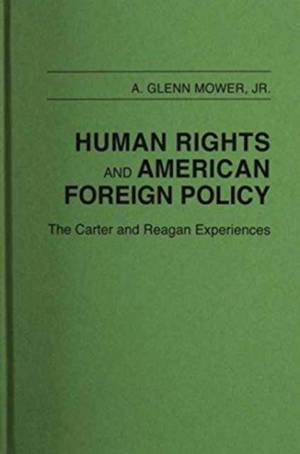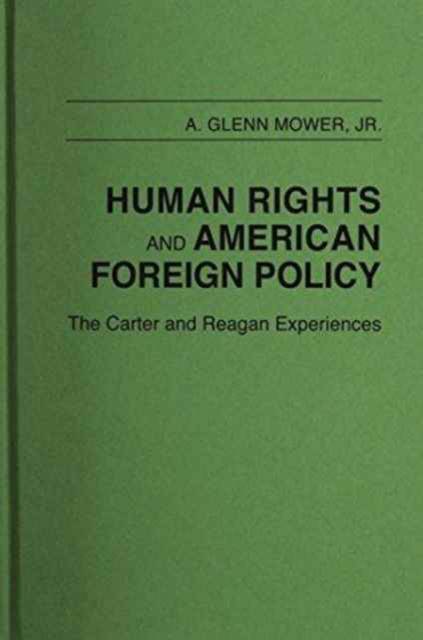
- Afhalen na 1 uur in een winkel met voorraad
- Gratis thuislevering in België vanaf € 30
- Ruim aanbod met 7 miljoen producten
- Afhalen na 1 uur in een winkel met voorraad
- Gratis thuislevering in België vanaf € 30
- Ruim aanbod met 7 miljoen producten
Omschrijving
This important work provides a comparison of the human rights policies of the Carter and Reagan administrations, developed through a general survey of these policies, a reliance on extensive interviewing and congressional hearings, and four case studies. The book deals first with the background of the human rights foreign policies of the two administrations, their conceptual frameworks, rationales, systems of priorities, the objectives they sought, and the selection of national situations to which the policies were applied. The survey then proceeds to identify and describe the sources of the policies, both legal political, international treaties and agreements, national legislation, and the bureaucracy and Congress. It also examines actions taken to implement the policies and diplomatic pressures and inducements. The case studies describe and compare the approaches of the two administrations to the human rights situations in South Africa, Chile, South Korea, and the Soviet Union.
Specificaties
Betrokkenen
- Auteur(s):
- Uitgeverij:
Inhoud
- Aantal bladzijden:
- 190
- Taal:
- Engels
- Reeks:
- Reeksnummer:
- nr. 7
Eigenschappen
- Productcode (EAN):
- 9780313250828
- Verschijningsdatum:
- 5/10/1987
- Uitvoering:
- Hardcover
- Formaat:
- Genaaid
- Gewicht:
- 589 g

Alleen bij Standaard Boekhandel
Beoordelingen
We publiceren alleen reviews die voldoen aan de voorwaarden voor reviews. Bekijk onze voorwaarden voor reviews.







